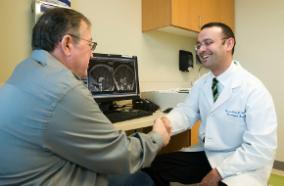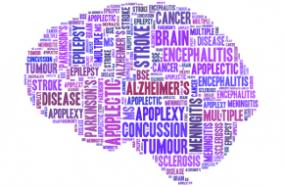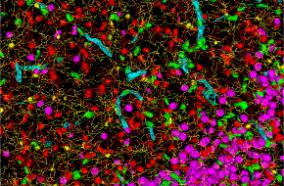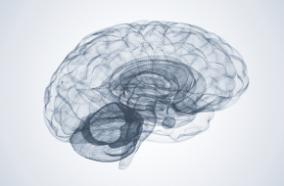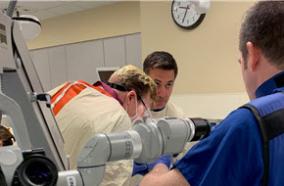Background. Spinal cord injury (SCI) is among the most devastating traumatic injuries, and there are approximately 300,000 Americans living with paralysis. In addition to the loss of upper and lower extremity function, more than 80% of all patients with SCI suffer from neurogenic bladder caused by neurological impairments of detrusor and sphincter function. These changes contribute to increased lifetime health risks for persons with SCI, including urinary tract infection and loss of kidney function, negatively impact quality of life (QoL). Therefore, managing the neurogenic bladder and promoting bladder health is crucial to the long-term well being of SCI patients.
Readiness. Detrusor chemodenervation with botulinum toxin A (BoNT-A) is an FDA-approved treatment for urinary urgency, frequency and incontinence due to neurogenic bladder. Detrusor BoNT-A injections prevent detrusor overactivity and increase bladder compliance. However, currently detrusor BoNT-A injections are only offered to patients after other treatment options have failed. By that time, hypertrophy and fibrosis has already begun in the affected detrusor. In preclinical models, rats with SCI develop hypertrophic and fibrotic bladders. These changes have been documented in many of the commonly used rat strains, including the Sprague Dawley rats proposed here. Additionally, the time-course of fibrotic bladder development is well worked out. Excitingly, our preliminary study showed that after SCI, animals with early detrusor BoNT-A injections had significantly lower bladder hypertrophy compared to control animals where only saline was injected.
Objective. To demonstrate that early chemodenervation mitigates deleterious bladder wall changes and preserves detrusor function and longevity following SCI.
AIM 1: Examine longevity of bladder changes after SCI with early BoNT-A treatment
AIM 2: Examine bladder afferent changes after SCI with early BoNT-A treatment
AIM 3: Conduct a pilot clinical study of early bladder chemodenervation in persons with acute SCI
Study design. A rat model of neurogenic bladder after acute SCI will be used to test our hypothesis, as well as answer fundamental questions regarding the mechanisms of action of BoNT-A injections in the detrusor at the cellular and molecular level. By preserving detrusor integrity, we hypothesize that chemodenervation will mitigate the progressive loss of bladder compliance and thereby increasing the longevity of the bladder health in the chronic stage of SCI. Additionally, we will conduct a limited pilot clinical trial and examine the effects of early BoNT-A treatment on human bladder compliance and tissue changes.
Impact. Bladder function is one of the top health priorities of persons with SCI. Given that 80% of all SCI patients suffer from bladder dysfunction, halting or delaying the development of abnormal bladder reflexes and the associated changes in bladder tissue will likely have a huge impact on the treatment and care of these patients. Moreover, early treatment will likely increase the longevity of bladder compliance and bladder health, improving the QoL for persons with SCI. This proposal falls within the CDMRP FY21 focus area of addressing the needs of and treatments for individuals with SCI suffering from neurogenic bladder.
Translation. Intradetrusor injection of BoNT-A is an FDA-approved procedure for patients with neurogenic bladder who fail to respond to first line therapies. AIM 3 evaluates the feasibility of treating patients early (< 2 months) after SCI. If the results from this feasibility study are positive, we will quickly move to a full clinical trial.
Military Relevance. The conflicts in Iraq and Afghanistan have been associated with the highest incidence of combat-related spinal trauma in the American military in the modern period. Veterans with SCI (approximately 17,000 Veterans on the VA Spinal Cord Injury and Disorders Registry) represent an important and growing high-needs population for the Veterans Health Administration. This proposal directly addresses bladder health in persons with SCI by developing a treatment option that may help delay or prevent some complications of neurogenic bladder, thus decreasing the burden care for VHA, and improving Veterans’ quality of life.
Sponsor: Department of Defense

